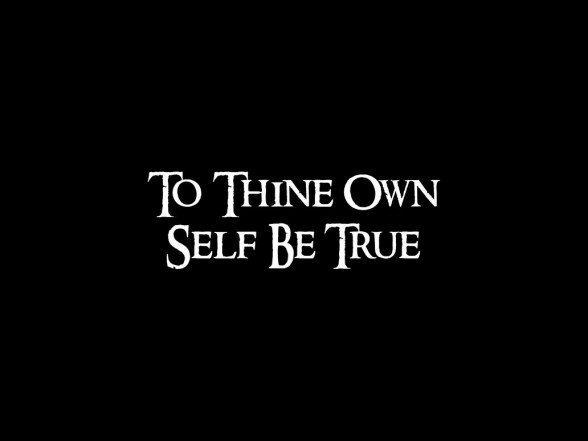
A Delaware Coast Press reader writes that a long-time acquaintance recently passed away. The upshot is that most of the people she knew didn’t like the woman who died. She was obnoxious, and spread bad rumors about everyone. The reader writes that those who knew the woman are now “walking on eggshells,” desperately searching for something good to say. Nobody liked her, but they’re all too guilty to admit it! My reader asks if it’s OK to feel that way, and should it change the way she and her friends remember her?
It’s amazing how the natural process of death is somehow supposed to change our appraisal of a person’s life. We’ve all heard the saying, “when bad things happen to good people.” But what about when bad things happen to people who hurt us? You can recognize and acknowledge that fact, but you’re not obligated to suddenly pretend you liked her. It would be insulting to any redeeming qualities she might have otherwise possessed.
You need to get past the assumption that it’s “wrong” to feel this way. There are no morally wrong or “bad” feelings. Sometimes feelings are illogical or inaccurate, but this doesn’t make them bad. It simply makes them faulty. Feelings can sometimes give us less than a 20/20 view of the truth, and in this situation, what you see isn’t pretty. She just wasn’t likable, and you’re trying to pretend that all that has changed. You don’t have to say anything negative to anybody who actually cared for her, but at the same time you don’t have to make up nice things to say. Just be sorry for their loss, and leave it at that.
You say that there are people who feel the same way about her and face the same dilemma as yourself. They’re sad she suffered, but they don’t like her any better than they did before. Don’t be afraid to open up about this. This is part of the grief process! I once heard an adult son at a funeral speak of his father who was a really difficult person. In his brief eulogy, he talked about the difficulty of being his father’s son but how he still loved him. I thought this was remarkably honest, and everybody admired the son for his frankness. Likewise, an old friend of mine commented on the terminal illness of a mutual acquaintance who had done some terrible things to others. He stuck to the truth: “Just because he’s sick doesn’t mean I have to like him!”
Is it more important to insulate ourselves (and others) from the truth, or is it more important to not be a hypocrite? I vote for not being a hypocrite. Make-believe doesn’t change the truth. It doesn’t relieve anyone’s suffering, and it doesn’t make a nasty person nice. You don’t do anyone any favors by lying, and you hurt your own self-respect in the process. You don’t have to go out of your way to be hurtful to those who are grieving; simply acknowledge their loss without pretending that you suffered a great one.
In cases like this, I’ll sometimes ask, “Were you in touch with the person who died?” If the answer is, “No, not for years,” doesn’t that tell you something? There’s a reason you didn’t spend a lot of time with her, and that’s fine. And it’s equally OK not to pretend that you wanted to. There are humane but still honest things to say, like, “I found her difficult, and that’s why I stopped staying in touch with her. It’s too bad she got sick and died; she certainly didn’t deserve that.” Who’s going to argue with this?
Shakespeare had it right: “This above all: To thine own self be true….” If more people lived by this there would be fewer people NOT to miss when they passed from this life.
Follow Dr. Hurd on Facebook. Search under “Michael Hurd” (Rehoboth Beach DE). Get up-to-the-minute postings, recommended articles and links, and engage in back-and-forth discussion with Dr. Hurd on topics of interest. Also follow Dr. Hurd on Twitter at @MichaelJHurd1
